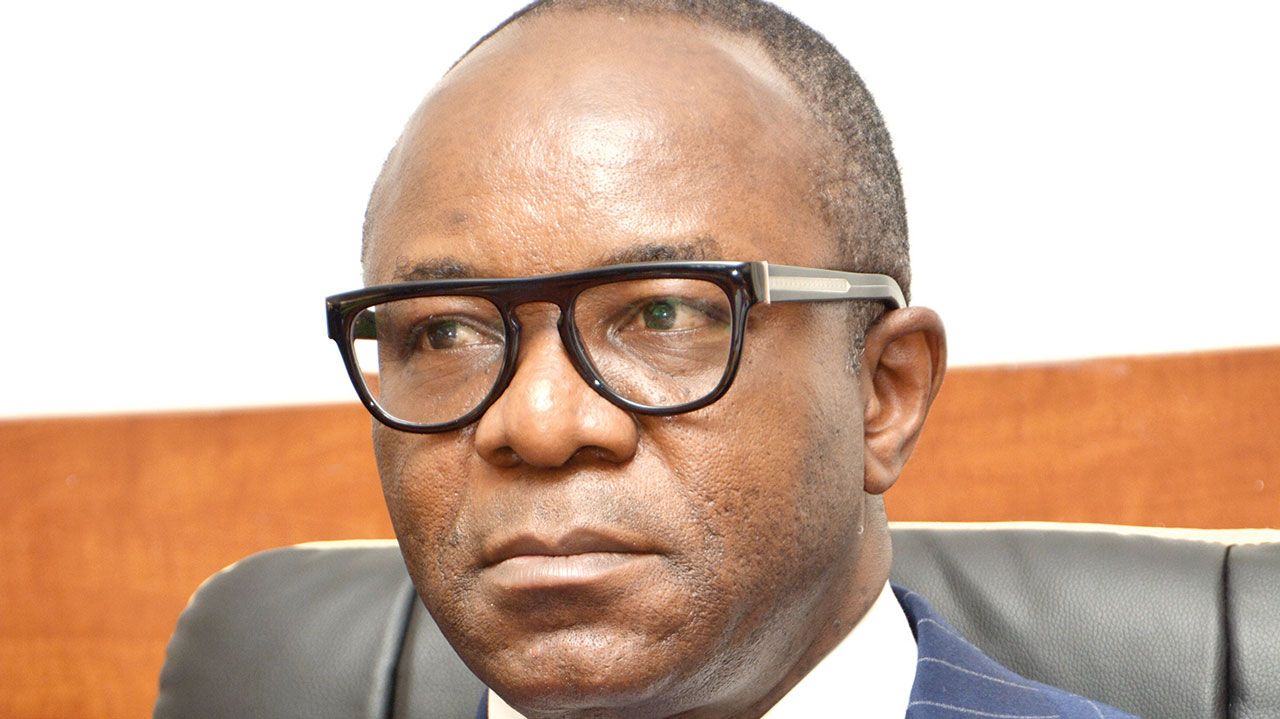The Central Bank of Nigeria (CBN) spent 30% of the country’s foreign exchange earnings on importing petroleum products in 2016. Minister of state for petroleum Ibe Kachikwu stated this at a press briefing held in Abuja yesterday. The reliance on imported products has several implications on the nation’s economy. A depreciation in the country’s currency against the dollar will lead to an increase in the price of petrol as was witnessed in 2016, when pump prices moved from N97 to N145. The nation is also left at the mercy of countries that own refineries. Should there be an outbreak of war or political disagreements, the country will be left stranded.
The foreign exchange spent importing petrol could have been used for more productive ventures, such as purchasing equipment and raw materials by industries. Prior to the creation of a special FX window, Small and Medium Enterprises had complained of difficulties in accessing foreign exchange. Petroleum products importation indirectly deprives people of jobs. Had the nation’s refineries being in order, they would have employed several people directly and through the creation of jobs by feeder petrochemical Industries.
Dr Kachikwu must go beyond quoting large figures and tackle the reasons behind the huge importation bill. The government’s refusal to deregulate prices, has prevented the private sector from investing in crude oil refining. After announcing an MOU with Agip and Oando for operating the PH refinery, the National Assembly has put a halt to the exercise. Kachikwu has also denied any concessioning of the refineries. The Nigerian National Petroleum Corporation (NNPC) is currently the sole importer of petroleum products in the country, as pump prices are below current market prices. The organization is thus selling at a loss.
